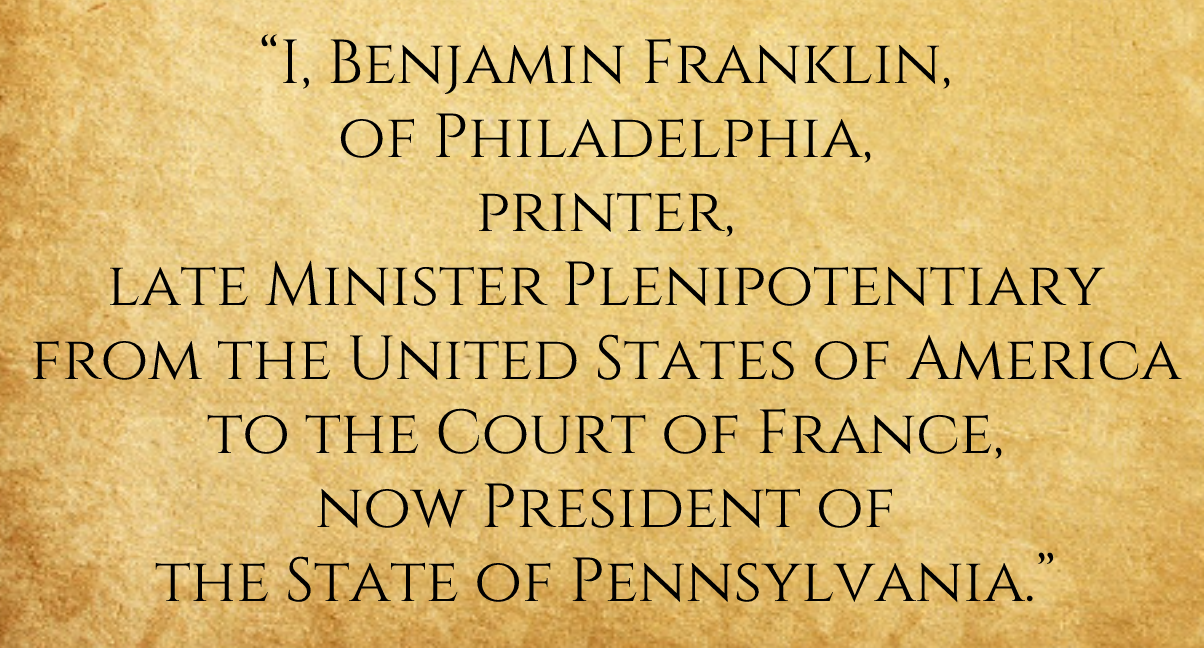Ben Franklin was born in England in 1706. His father was a candle maker whose first wife died and whose second wife was Franklin’s mother. With his first and second wife, Franklin’s father had seventeen children. Franklin was third from the last, the youngest of the boys.
When Ben was twelve, his formal education was finished and he was sent to apprentice with his brother, James. The apprenticeship didn’t last, but Franklin was introduced to the printing trade which he would claim for the rest of his long and wildly productive life.
In 1732 in Philadelphia, Franklin published (and printed) his “Poor Richard’s Almanack, a true classic in every sense. The “Almanack” not only earned Franklin a handsome living it also contained many of the Ben Franklin quotes which are known and repeated and paraphrased throughout the world, even today.
As a lifelong printer, Franklin was obviously not afraid to get his hands dirty. I think it would be accurate to say that he had a different attitude towards work than most of us have today.
He lived to be eighty-four years old, itself an astonishing achievement in the 18th century. His will begins like this:
 There you have it. The three titles Franklin chose to claim as his own on his deathbed: Ambassador, Chief Executive of his home state…and printer.
There you have it. The three titles Franklin chose to claim as his own on his deathbed: Ambassador, Chief Executive of his home state…and printer.
***
In the years following the publishing success of the “Almanack”, Franklin was a busy man. He started the first library and the first volunteer fire department in Philadelphia, the Pennsylvania Hospital (the first hospital in America) as well as the Academy and College of Philadelphia and the American Philosophical Society.
Franklin also began researching scores of scientific topics, among them “electrical fluid” as it was called in that day. Franklin hypothesized that electricity and lightning were related, but could not prove the fact. By 1750, he had published a call for an experiment. If someone were to fly a kite in a storm, Franklin wagered, perhaps sparks could be extracted, thus proving that lightning is electricity.
Franklin waited for two years, but no one took him up on his request to conduct the kite experiment. So, on June 15, 1752, Franklin conducted the experiment himself and successfully extracted sparks. A decade and a half later, Joseph Priestley wrote his “History and Present Status of Electricity” which described Franklin’s experiment, and explained that Franklin was (fortunately) insulated and not in a conducting path, which we know now would have been fatal.
Incidentally, other experimenters with lightning were not as fortunate. Georg Richman, the Russian physicist, was spectacularly electrocuted in 1753 when he tried his own version of the Franklin experiment.
As word of Franklin’s experiment spread throughout the colonies and Mother England, fame and notoriety followed. Franklin was given honorary degrees by Harvard and Oxford, and elected as a fellow to the Royal Society of London.
But far more important than his reputation in the English-speaking world was his reputation in France where Franklin was hailed as a hero and voted into the French Academie des Sciences.
As relations between the colonies and the Crown began to deteriorate, Franklin’s fame in France was a critical asset of the independence movement.
It is no exaggeration to suggest that without France, American independence would not have been obtained. But without Ben Franklin, there may not have been as much French sympathy for the American cause. And without that kite and the lightning, there would not have been the Ben Franklin who was so deeply admired in France.
History has its turning points.
On that summer day in Philadelphia, Ben Franklin thought he was just conducting a scientific experiment. We know now in hindsight that he was also securing America’s independence.
(continued next week)
Check out Mark’s book:
Lives, Fortunes, Sacred Honor: The Men Who Signed the Declaration of Independence













